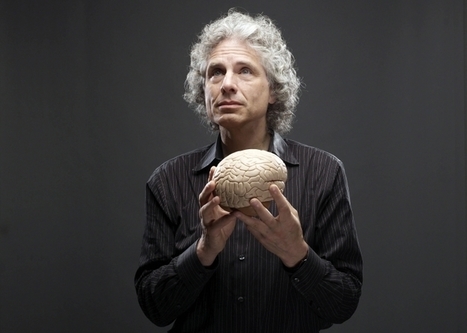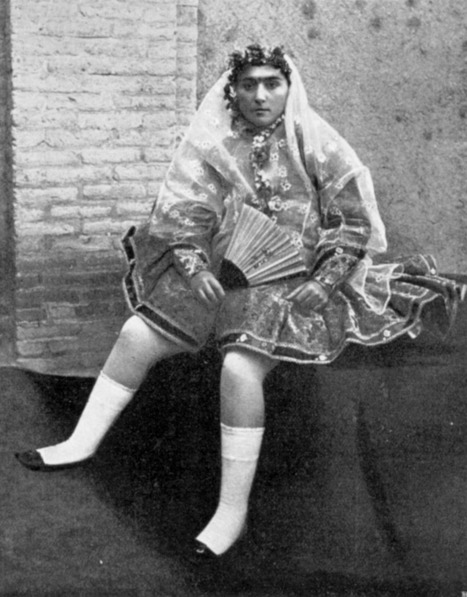To think of this book as any kind of scholarly exercise is a category mistake. The purpose of Pinker’s laborious work is to reassure liberals that they are on “the right side of history”.
Research and publish the best content.
Get Started for FREE
Sign up with Facebook Sign up with X
I don't have a Facebook or a X account
Already have an account: Login
Reviews, essays, interviews, poems, awards, author profiles, podcasts, and more
Curated by
bobbygw
 Your new post is loading... Your new post is loading...
 Your new post is loading... Your new post is loading...
|
|











